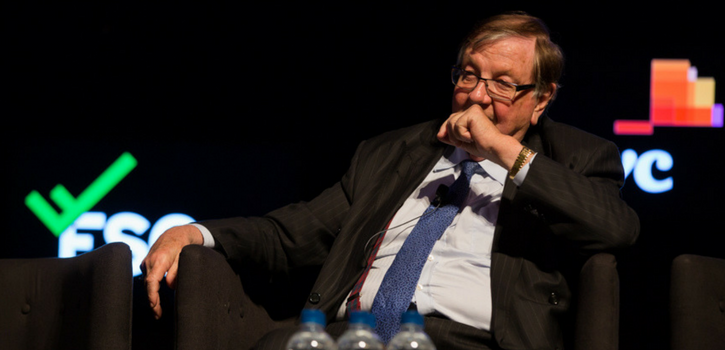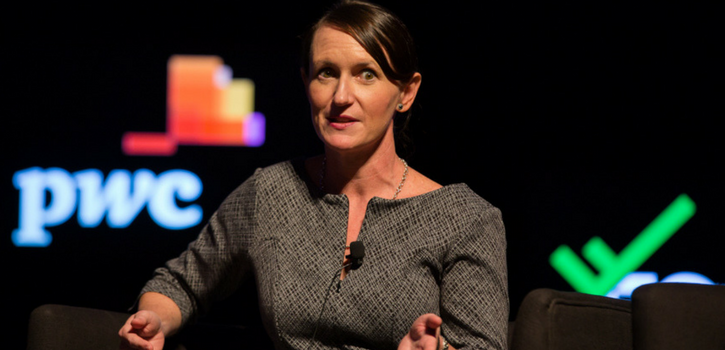Royal Commissions “shine a light in the darkness” but also need the media
Royal Commissions - Shining a Light
Royal Commissions “shine a light in the darkness” but also need the media to report proceedings so that politicians can embrace change demanded by popular opinion.
Veteran journalist Andrew Main, who covered the HIH Royal Commission in the 1990s and wrote a book on the subject, offered his views on Royal Commissions in a panel discussion at the FSC Summit 2018.
“The role of the media is critical because you are also trying to generate a sufficient sense of outrage in the public so that the Government will produce legislation,” Main said.
“If politicians think they will lose votes by not supporting change then they will support change.”
FSC chief executive Sally Loane, who came to the role after a long career as a journalist, chaired the panel and began by putting the current banking Royal Commission in context.
There had been, she said, more than 130 Royal Commissions in Australia since 1902, on subjects varying from tobacco monopolies, harvesters and drills, sugar and the basic wage.
While they were sometimes “blunt instruments” their impact could be, as the current Royal Commission was demonstrating, to bring issues to public attention quickly and in this the media was crucial.

Main recalled the close relationship between the media and counsel assisting the Commission during the HIH Enquiry.
He said that at the end of every day counsel would come into the media room to ask if the journalists had any questions about the evidence.
“The thinking was that if they did this then we were more likely to write a correct story and I was saved on several occasions,” said Main.
“It is a serious concern to get things wrong, because at the same time there is all of this white hot public indignation which is needed to bounce the story along if it is to have momentum.”
The media, said Main, had a responsibility beyond providing “click bait” to a “hall of shame.”
“Some reporters have some fixed ideas with the conviction that everyone is a villain,” he said.
This often prompted the “shock jobs to jump on board,” but journalists should remember that after the Royal Commission was over, many of the people they had reported on were likely to still be in business and members of the public would still be requiring services from people who had been “excoriated.”
The FSC’s Sally Loane asked if it was more productive in the long term to create “standing bodies” such as the NSW Independent Commission Against Corruption (ICAC) to deal with issues on an ongoing basis rather than having Royal Commissions of finite duration.
Did Royal Commissions, she asked, create a “culture of forgetting” where once they were over, it was business as usual?

Former NSW Supreme Court Judge Anthony Whealy QC, who has publicly called for a national anti-corruption watchdog, said he believed that standing bodies were ultimately “good for democracy.”
“Public indignation can go off the boil,” he said.
“It is human nature to react in that way.
“We are talking about the maintenance of ethical standards in business, and 80 percent of Australians support the idea of a Federal integrity body.”
The third panellist, lawyer Scarlet Reid from Sydney firm McCullough Robertson, has deep experience in enquiries in the rail and mining industries.

People working in these industries, she said, were often much more impacted in the long term by Royal Commissions than those in other industries, such as finance, where turnover and career churn was much higher.
“In some types of organisations there is a quick turnover of staff, and in five years it is forgotten,” said Reid.
“In other others, people really remember and it impacts their decisions and the impact on every level of employee is not to be underestimated.”

